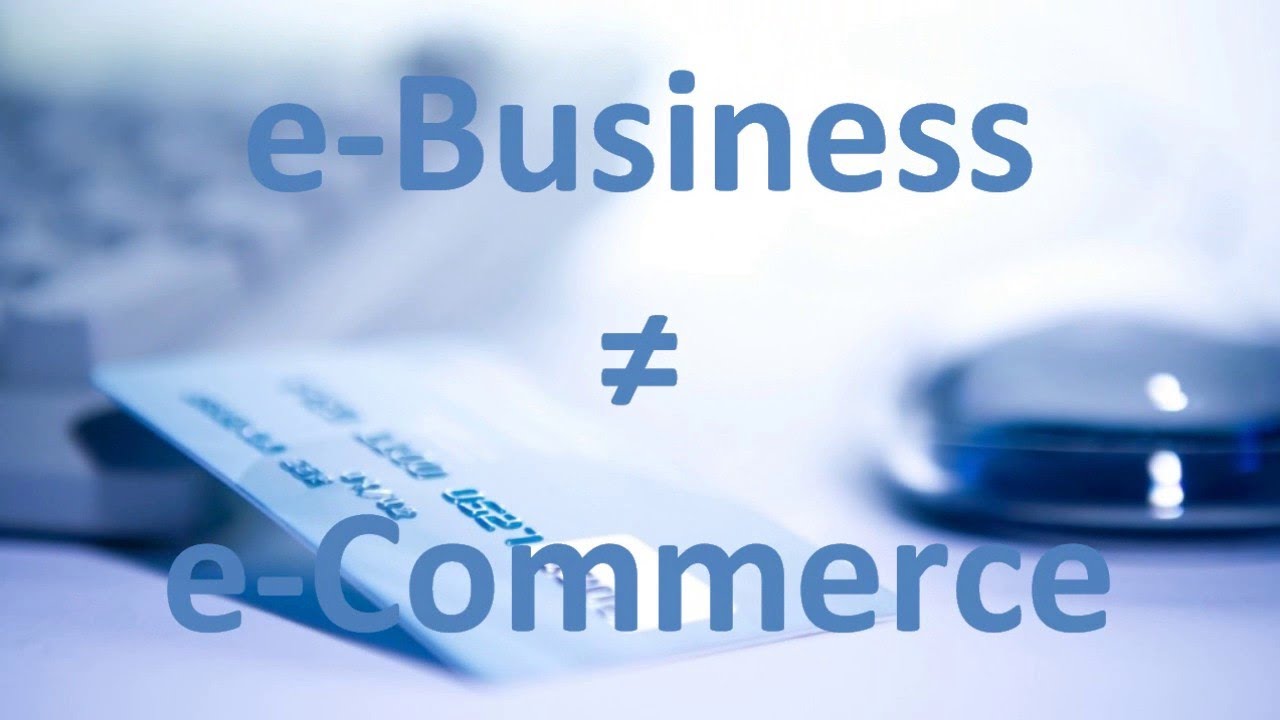Ever since Britain’s decision to leave the European Union (EU), the business world has been turned upside down and left in uncertainty. In June 2016, 72.2% of the British electorate made their way to the ballot box to place their vote on whether Britain should remain in the EU. The vote to leave won by a slim majority (51.9%).
Following the result, the British Government formally began the Brexit process. The UK’s departure from the EU was due to be completed on March 29, 2019 – but that date has now come and gone. A six month extension has been granted to lawmakers, although British Prime Minister Theresa May has urged them to swiftly fulfil their “national duty” to approve a deal and take Britain out of the EU.
So far, there is little sign divided and exhausted lawmakers will heed the plea to not waste the six months of extra time granted. May commented on the situation, saying “I never wanted to seek this extension” and urged members of Parliament to “reflect” and to “resolve this”.
The Impact of Brexit on EU Ecommerce
Late 2017, the EU ecommerce industry was projected to be worth around EUR 602 billion. That figure represents a 15% increase from 2016 and a 14% year-over-year growth overall. In comparison, the U.S. ecommerce industry was predicted to grow just 8-12% during the same period.
So, what is the concern? With the UK contributing 33% of all online sales in the EU, Brexit has the potential to severely disrupt this projected growth. After the referendum results were shared, the pound immediately weakened, and consumer confidence decreased. Currency has strengthened since then but is still lower than previous levels.
The biggest concern is how potential trade restrictions could complicate cross-border post-Brexit ecommerce between the remaining member states and the UK. The current so-called ‘open border’ policies which exist in the EU allow goods and people to freely move between member states. For companies and consumers, this means being free of customs and important taxes – Brexit would change all this.
How to Prepare Your Ecommerce Business
The question all UK merchants are asking is what is the best way to prepare? UK ecommerce companies should prepare not only for the pound to continue to weaken, but also for an increase in custom and shipping costs. Focusing on the following points will help you best prepare your business for Brexit:
Update your ecommerce website – You want to make sure that your ecommerce website has the option for customers to select between different currencies during the checkout process.
Protect your supply chain – Find out what your supply chain is planning and what they are doing to ensure continuity of service.
Research potential regulation changes – Learn about the potential changes that could affect your business or its employees. (Minor amendments have already been made to the government’s health and safety regulations.)
Zero in on your company’s strong points – Focus on what is unique and great about your company and all that is has planned for the future, regardless of the Brexit outcome.
If you need more information on how to prepare your ecommerce business for Brexit and where to find merchant services, consider the many helpful reviews Best Payment Providers has to offer. Find everything you need in one place, including tips on secure-trading.
Author Bio:Payment industry expert Taylor Cole is a passionate merchant account expert who understands the complicated world of accepting credit and debit cards at your business and secure trading. His understanding of the industry has helped thousands of business owners save money and time.

